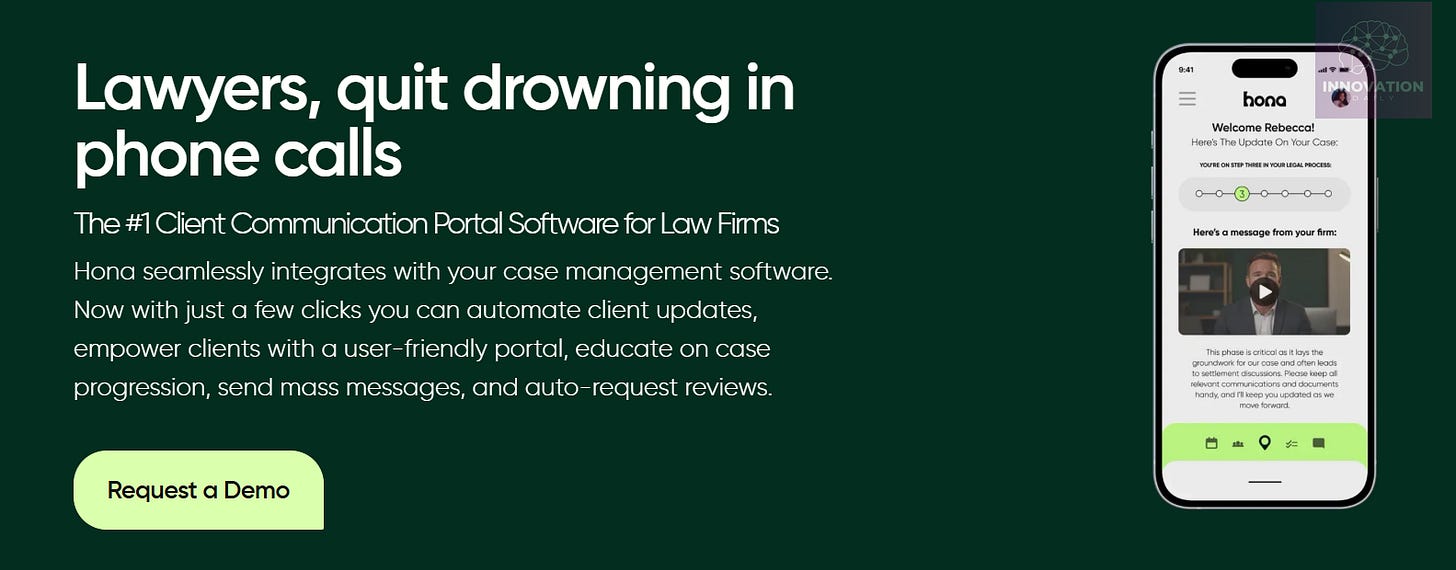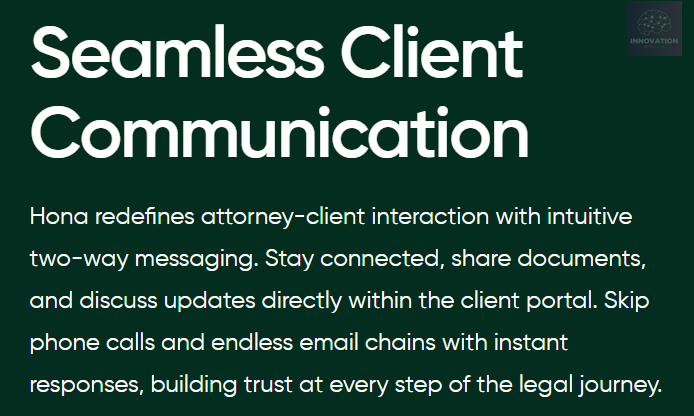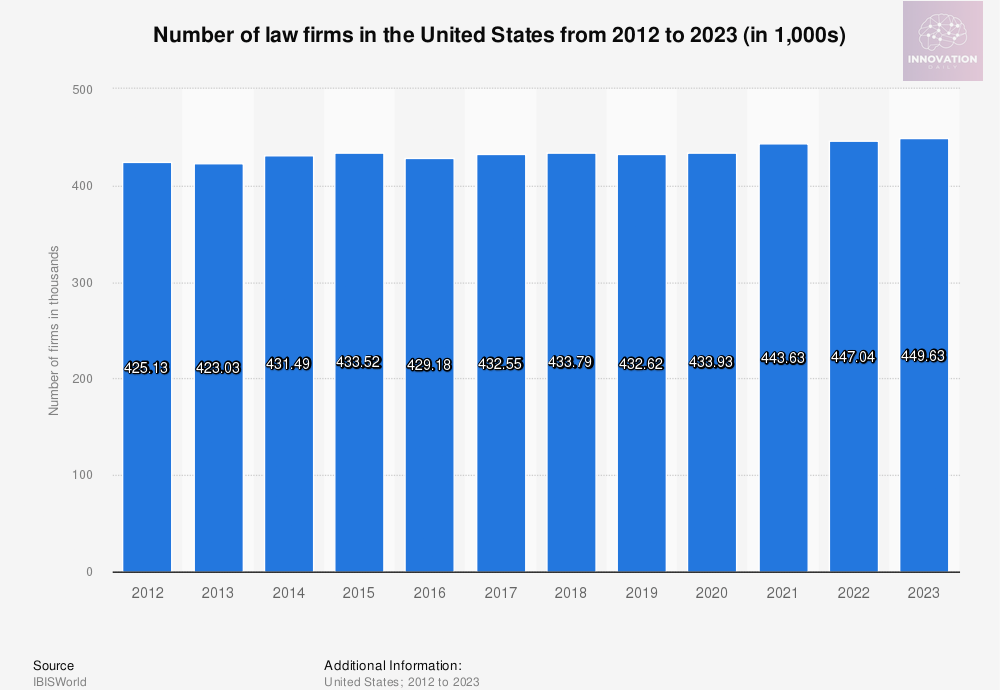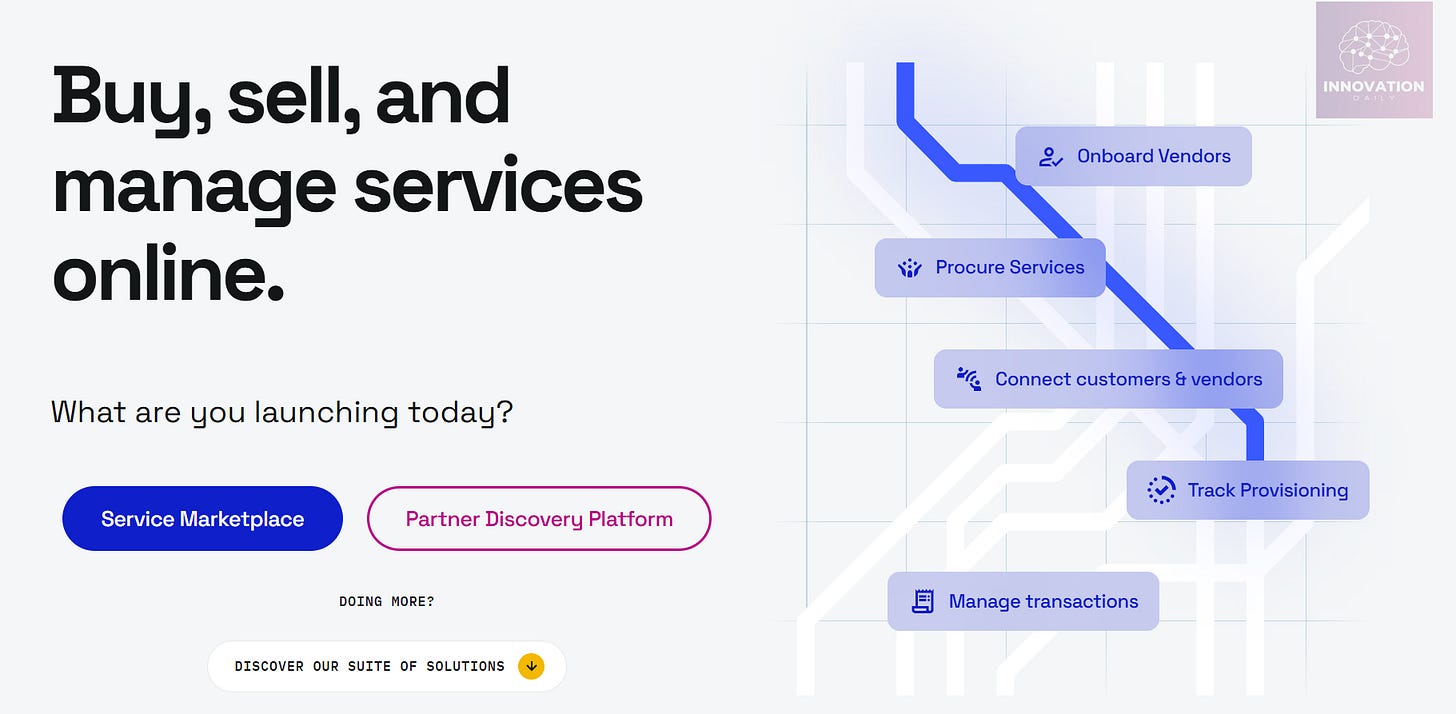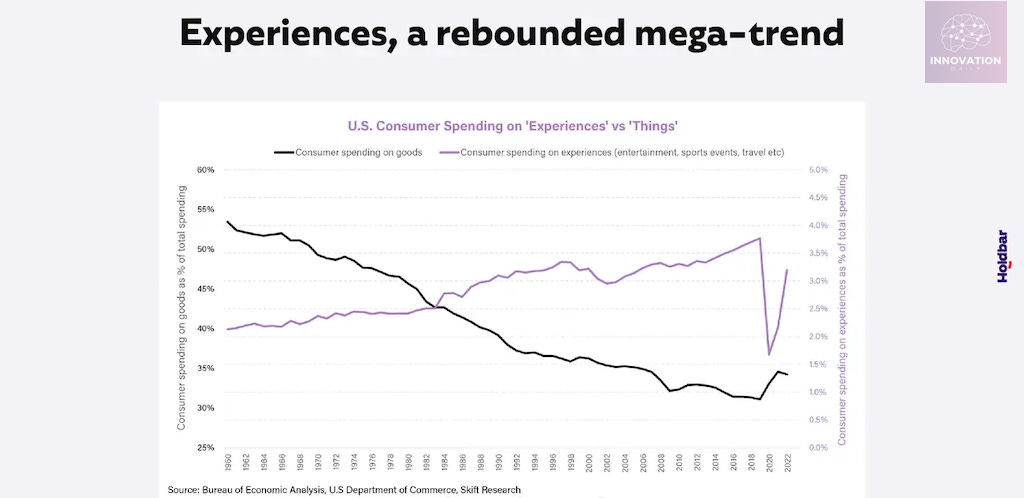Stop Ghosting Your Clients
Today’s featured startup is giving law firms a simple way to keep clients informed at every step without the calls, the emails, or the chaos.
Project Overview
Hona is building a platform that helps legal firms shift from reactive to proactive client communication.
Typically, in service businesses — especially law firms — clients are left guessing about the status of their case. They need to call or email to get updates, find out what’s next, or ask if anything is required from their side.
With Hona, this communication flips. Clients immediately get access to a clear roadmap of all steps their case will go through, how long each will take, and what it means. At each milestone, automated triggers notify the client via text or email. Communication becomes structured, timely, and controlled.
Hona integrates with popular legal project management tools and Salesforce, allowing legal teams to set up event-based notifications, so updates are meaningful, not overwhelming. Clients are informed but not spammed.
More than just notifications, the platform also enables two-way communication. For example, after a milestone is reached, clients may be prompted to upload documents directly in their personal dashboard — where all previous communications are stored.
Firms can fully brand the platform, so clients feel they’re interacting directly with the law firm — not a third-party tool.
Most recently, Hona began testing an AI assistant that can autonomously explain the status of a case in plain English, answer typical client questions, and generally reduce the firm’s communication burden.
And while Hona is designed specifically for legal workflows, its building blocks — modular templates, case trackers, project integrations, and smart messaging — are universally applicable to many service industries.
In under a year since graduating from Y Combinator (where it also raised $2.1M), Hona has secured a new $12.22M round, bringing its total funding to over $14M.
What’s the Gist?
At first glance, Hona’s narrow focus on legal firms may look limiting. But the legal services market is enormous and underserved digitally. In the U.S. alone, there are over 450,000 legal practices — all potential customers. And globally, the legal tech market is forecasted to grow from $25B to $50B by 2027, driven by AI adoption.
But Hona is riding an even larger trend — the digitization of the service economy.
Just like e-commerce platforms revolutionized how physical goods are sold, the service sector is now under pressure to modernize. Services are increasingly bought online, even if fulfilled offline. And digital platforms — especially those with CRM-like capabilities — are essential for managing, tracking, and communicating service delivery.
This opens the door to a new generation of service marketplaces, moving beyond simple “business card catalogs” toward fully integrated platforms where discovery, booking, and fulfillment status are all managed in one place.
That’s where Hona’s model shows real promise. A helpful comparison here is Lottie, a UK-based elder care marketplace. Initially just a listing platform for care homes, Lottie made a big leap by acquiring Found CRM, a system used by care providers. By integrating real-time availability and booking data from Found into its marketplace, Lottie reduced time-to-placement for families by 5x — and significantly increased its own revenue, now charging per successful placement rather than just per click.
Hona is doing something similar, but in reverse. It starts as a communication and tracking layer, and could evolve into a foundational infrastructure piece for service providers — plugging into existing CRMs and interfacing with clients directly.
This also mirrors what platforms like Scnd are trying to build — a kind of middleware layer between service providers’ internal systems and external marketplaces or websites. The idea: let service providers maintain independence and flexibility, while still being able to connect with clients digitally, at scale.
That’s what makes Hona’s approach compelling. It begins by solving a painful, universal problem — poor client communication — and gradually becomes a transparent, two-sided interface for the entire service workflow.
Key Takeaways
The service economy is now larger than physical goods, but it’s still poorly digitized.
Clients today expect transparency and predictability — the same way they track e-commerce orders or food deliveries.
Most service marketplaces still operate like outdated directories. To truly scale, they’ll need to integrate deeply with provider-side tools — including CRMs and workflow systems.
Hona’s model shows how a lightweight communication and status layer can evolve into a powerful infrastructure play.
There’s room for a platform that acts as a “service middleware” — bridging the gap between client-facing interfaces and the back-office systems used by service providers.
Anyone exploring service marketplaces or SaaS for service providers should study Hona, Lottie, and Scnd carefully — they reflect the next generation of tools for this exploding market.
Company Info
Hona
Website: hona.com
Last round: $11.22M, 29.04.2024
Total Investment: $13.3M+, across 3 rounds



